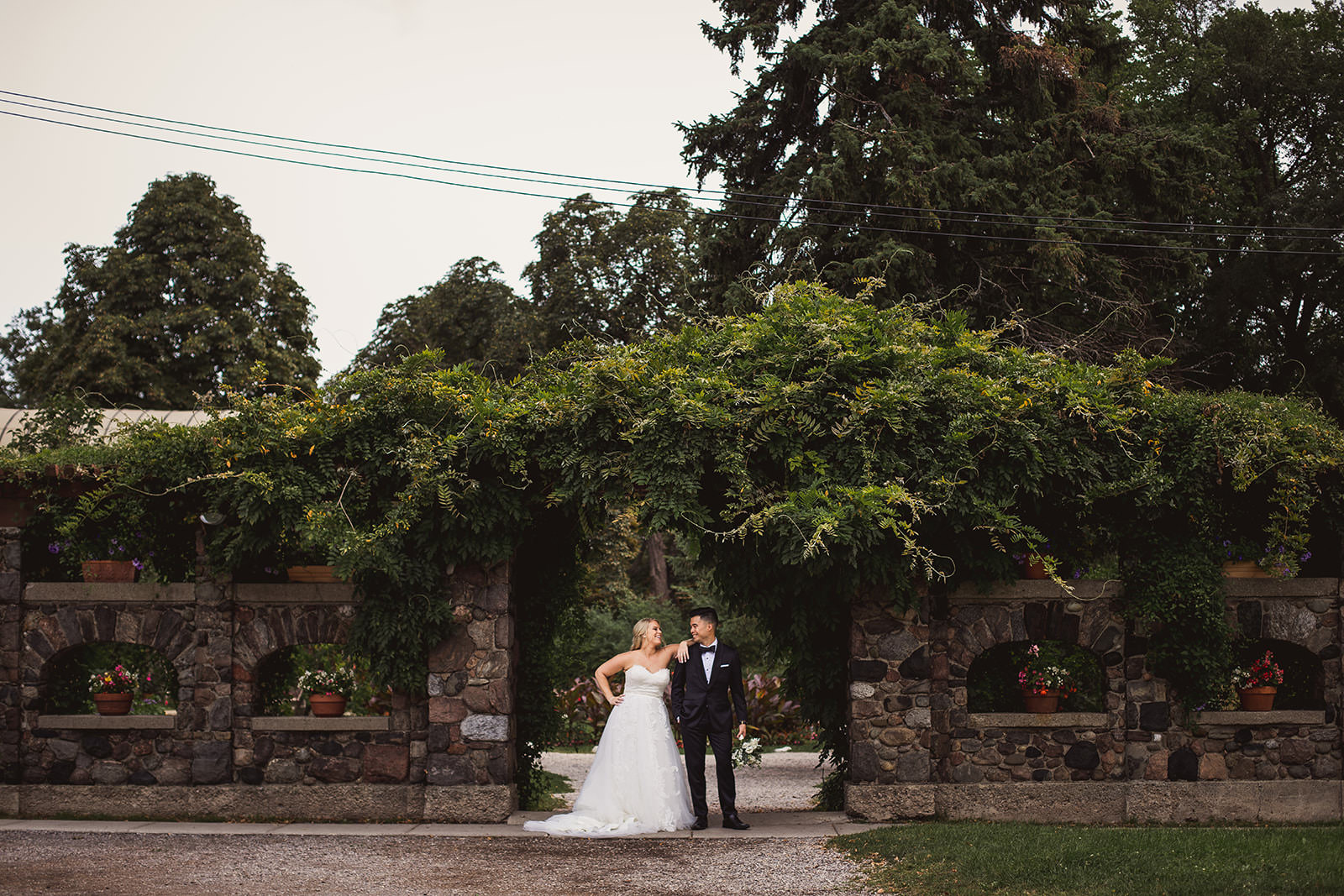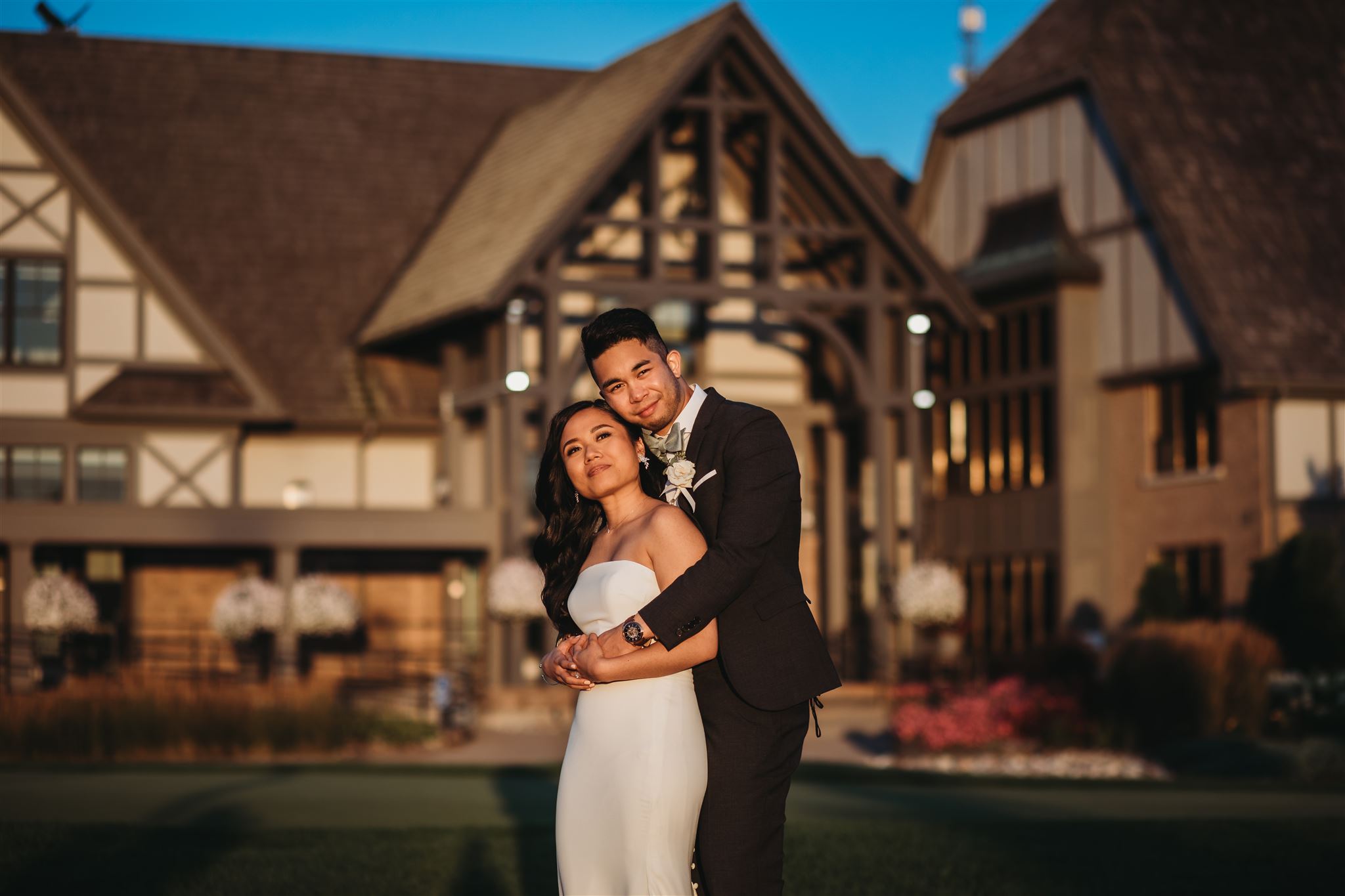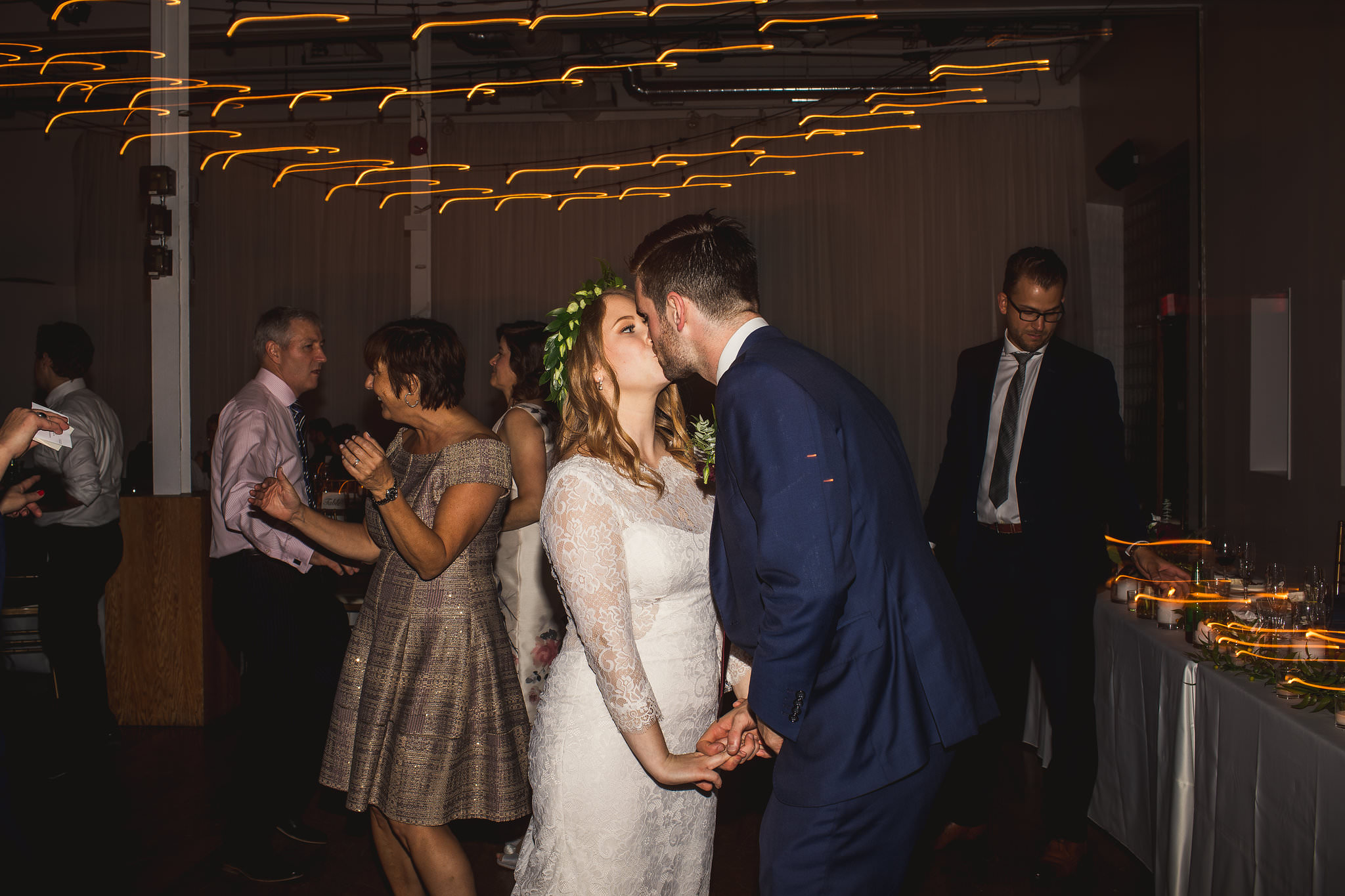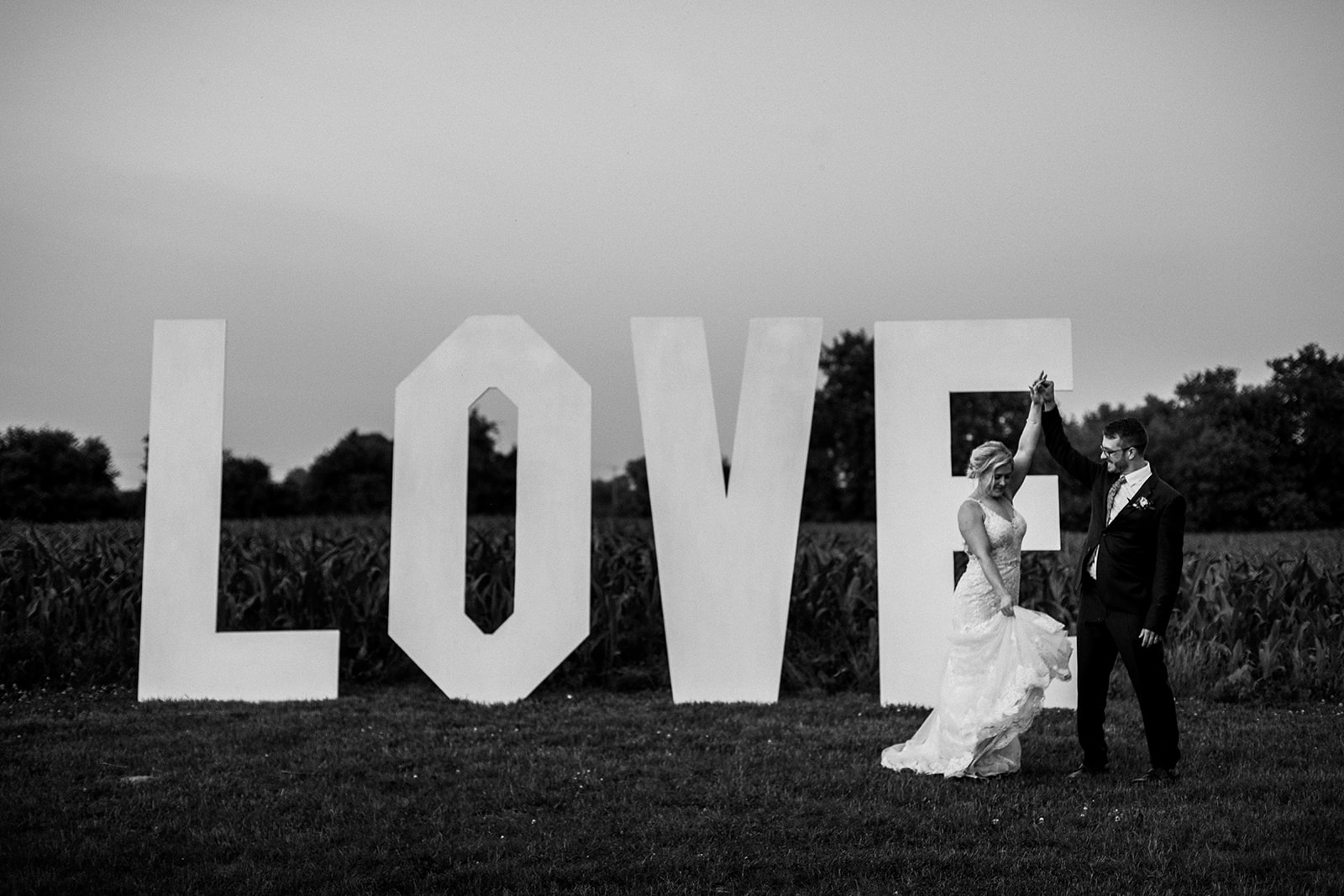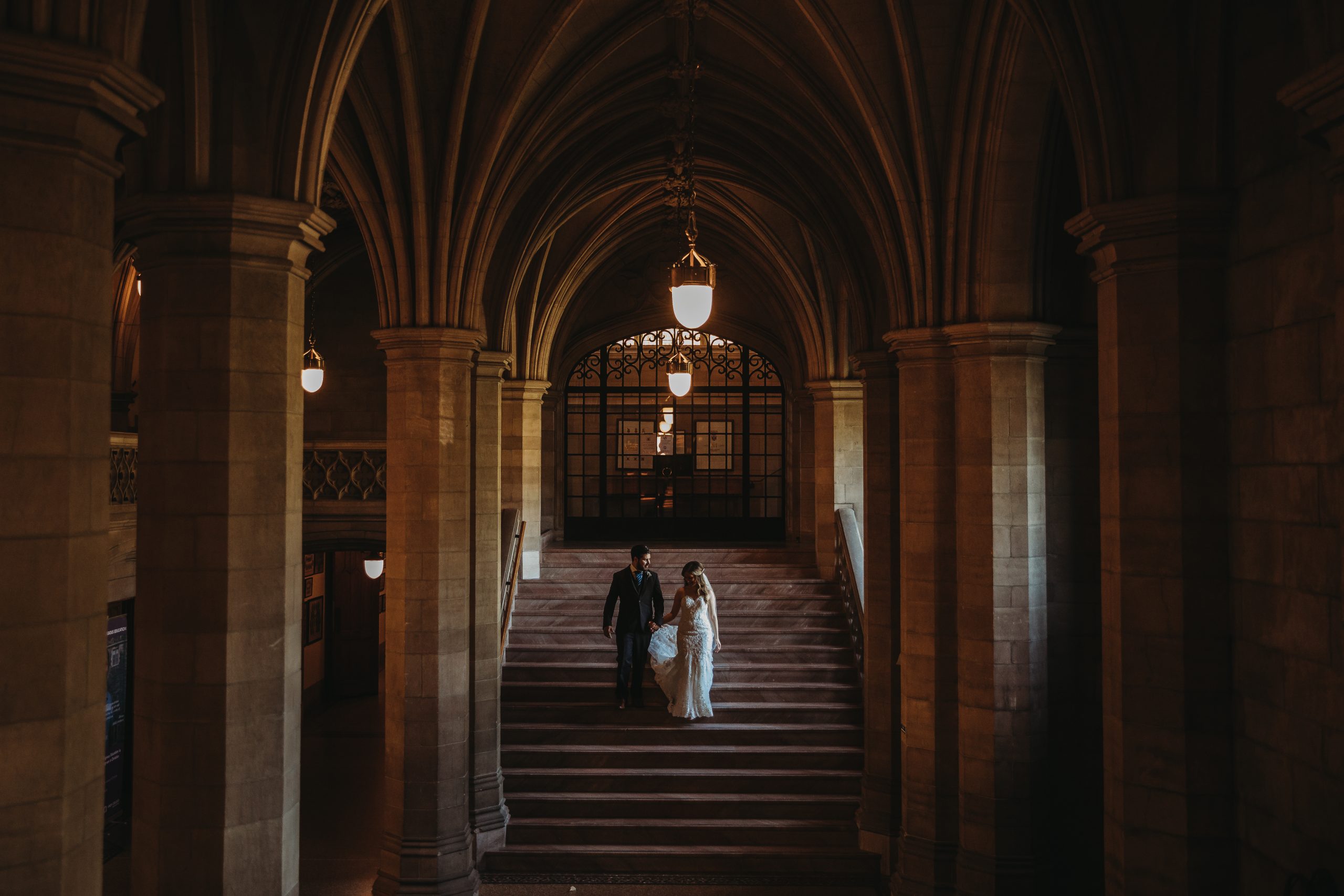Should Vendors be Waiving COVID Rescheduling Fees?
The wedding industry is in turmoil right now. Along with tourism, the wedding industry relies on gatherings (both large and small) to function. There’s no doubt that COVID has affected the ability for gatherings to occur in larger capacities but with the vaccine being rolled out now and with masks and social distancing proven to help minimize spread, things are looking more promising than ever. With this turmoil comes a question that is rocking a lot of boats right now and that is – should vendors be waiving COVID rescheduling fees for the 2021 year?
In this article I’m going to be speaking generally. Not only with information based on my own personal experiences but also as a collective voice for many of my peers in the wedding industry. If you have specific questions about your situation, speak directly with your vendors as the nuances of the situation matter greatly. Your vendors COVID fee policy or rescheduling policy is going to be specific to the legal agreement you have with them; so use this as a starting point and a place to gain some perspective but continue respectful discussions with your vendors themselves.
When it comes to COVID, how COVID is affecting weddings in 2021 and whether or not rescheduling fees are appropriate – I wanted to start by addressing some of the major underlying elements.
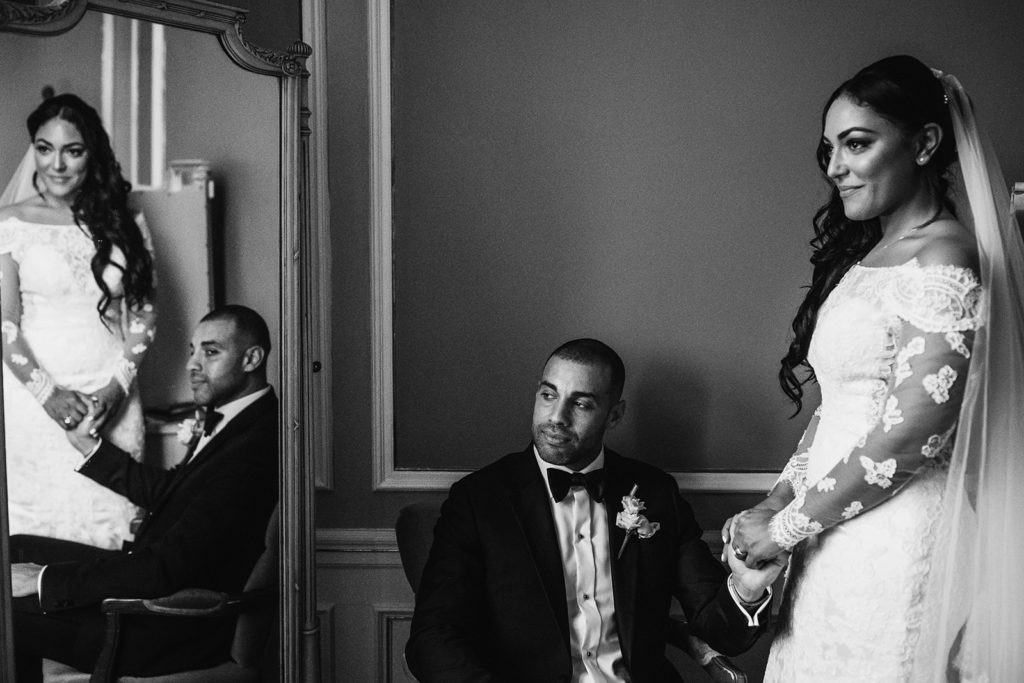
COVID Rescheduling Fees + Vendors
Some vendors, like florists, caterers or even certain venues like museums, art galleries or golf courses, don’t rely solely on weddings for their livelihood. They can service other individuals or have ways to generate income outside of the events industry. These vendors may possibly be more flexible in extending penalty free date transfers or waiving their COVID rescheduling fee even if the language in the contract says that a fee would be due. Other types of vendors; however, like photographers or planners are pretty darn specific to events and don’t have considerable other options to generate income so they may be requesting that the fees outline in the contract are respected. Basically, the more money the business has been able to continue bringing in during the last year (Even with 2020 events cancelled) the more likely it is that they may be willing to continue to make an exception. But if a business has basically been shut down for the last year, you can’t get blood from a stone if you know what I’m saying.
Exceptions and accommodations almost certainly have already been made.
Many small businesses have already made considerable exceptions during COVID. Many small businesses did allow penalty free rescheduling back in 2020 and waived their COVID rescheduling fees (even if their contract stated otherwise) because they made the choice to take the hit to their own businesses in order to try to make things easier for their clients. Many small businesses also chose to reduce retainer amounts for new clients coming in, knowing that they would be enforcing their policies of non-refundable retainers but meeting the clients half-way by offering them smaller amounts to be non-refundable.
Building boundaries for sustainability.
Small businesses have been some of the hardest hit businesses during this pandemic; there’s no doubt about that. Big box stores have been thriving while the little businesses are struggling with minimal government assistance that not all even quality for still. I think the wedding the events industry has shown tremendous ability to be sympathetic to their clients during the last year like I mentioned above.
Unfortunately there comes a point where exception and accommodations can no longer be made because if they are, they’ll put the business at considerable risk for their sustainability.
With many couples now wanting to postpone their 2021 wedding until “normal” returns (and preferring not to go ahead with the restrictions in place) many small businesses are having to hold their boundaries not because they want to profit off of a pandemic, but because the reality is that if they spend another 12-months sitting on the sidelines without any income, they’ll be bankrupt by the time the 2022 events come around. This is a worse-case scenario for a lot of wedding industry professionals but every week it’s looking increasingly more realistic. We want to work in any capacity in 2021 and we want to be around for 2022 – we fear mass shutdowns and closures in our industry.
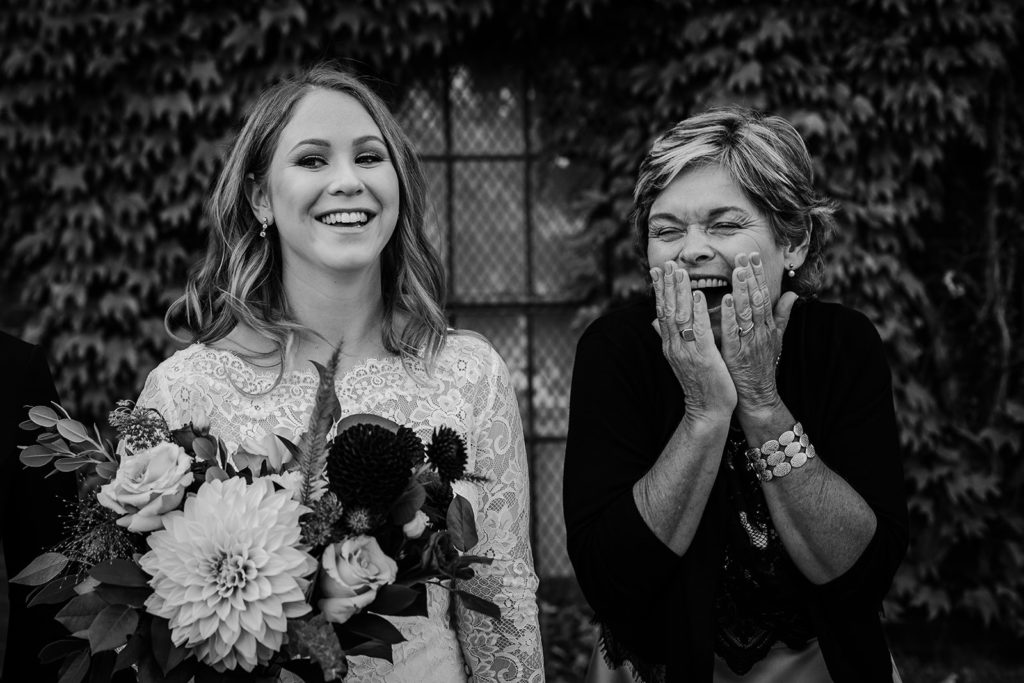
The “P” word – guess which one?
In some corners of the internet and even when certain news channels cover wedding related stories, the narrative that is pushed is that couples are the victims and that wedding vendors are the “bad folks”. That kind of extreme thinking only serves to promote aggression and distract from critical thinking and sympathy.
The fact of the matter is that even having the option to postpone a wedding in and of itself is a priviledge.
Yes – weddings are important events in someone’s life! There’s no doubt about that – but at the very core of the wedding is the marriage and a marriage can happen without a big wedding. However, the over-romanticizing of the “perfect wedding day” has lead to a lot of toxic behaviour and an inability for a lot of folks to recognize that they actually have a good amount of privilege when it comes to choosing a new wedding date.
COVID has taken away so much from so many people. While marriage certainly is a big life celebration, COVID has dramatically affected other major life celebrations too. When you look at how COVID has affected the loss of loved ones; people haven’t had the privilege of being able to move the date of that loss. They’ve had no choice but to deal with what life is like at that moment – even if it means saying goodbye to a loved one over facetime or not being able to attend the funeral or burial as part of the mourning process. COVID has caused people to have to celebrate new pregnancies alone and without family there; they’ve also had to deal with potential losses of those pregnancies without their family support systems present. (And no – not all pregnancies are planned so that’s not an argument here) COVID has caused people to have to go without baby showers or even have their ideal birthing team with them at the hospital – some partners weren’t even allowed into birthing suits until active pushing began – you can’t reschedule a due date!
Those are all examples of things that were affected by COVID and folks had no choice but to roll with the punches and deal with whatever restrictions are there. It certainly was not ideal for them. It certainly wasn’t what they already dreamed of. But it’s the reality of life.
Does it mean that couples have to go ahead with a wedding in 2021? No – it certainly doesn’t, but it is important to recognize that being able to consider a new date in and of itself is a privilege. Weddings are one of the only major life events where you do have the privilege to change the date!
…and if there’s anything we’ve learned about privilege in the last year or two, it’s that privilege comes with responsibility.
In the case of weddings, the privilege to move to a new date comes with a responsibility of ensuring that the people who have to now take this extended journey with you – a journey they didn’t sign up for – are at least adequately compensated for going on this extra long journey with you.
You still may find an occasional vendor who is okay waiving rescheduling fees; but in general – vendors likely will be charging COVID rescheduling fees for 2021 for events that could go ahead in some capacity. While your vendors have turned away others for your date and now will be around for another year with you to keep answering your emails, phone calls and set up meetings with you – remember that rescheduling fees are not about profiting off a pandemic, but rather ensuring that our extra long journey with you is appropriately compensated.

